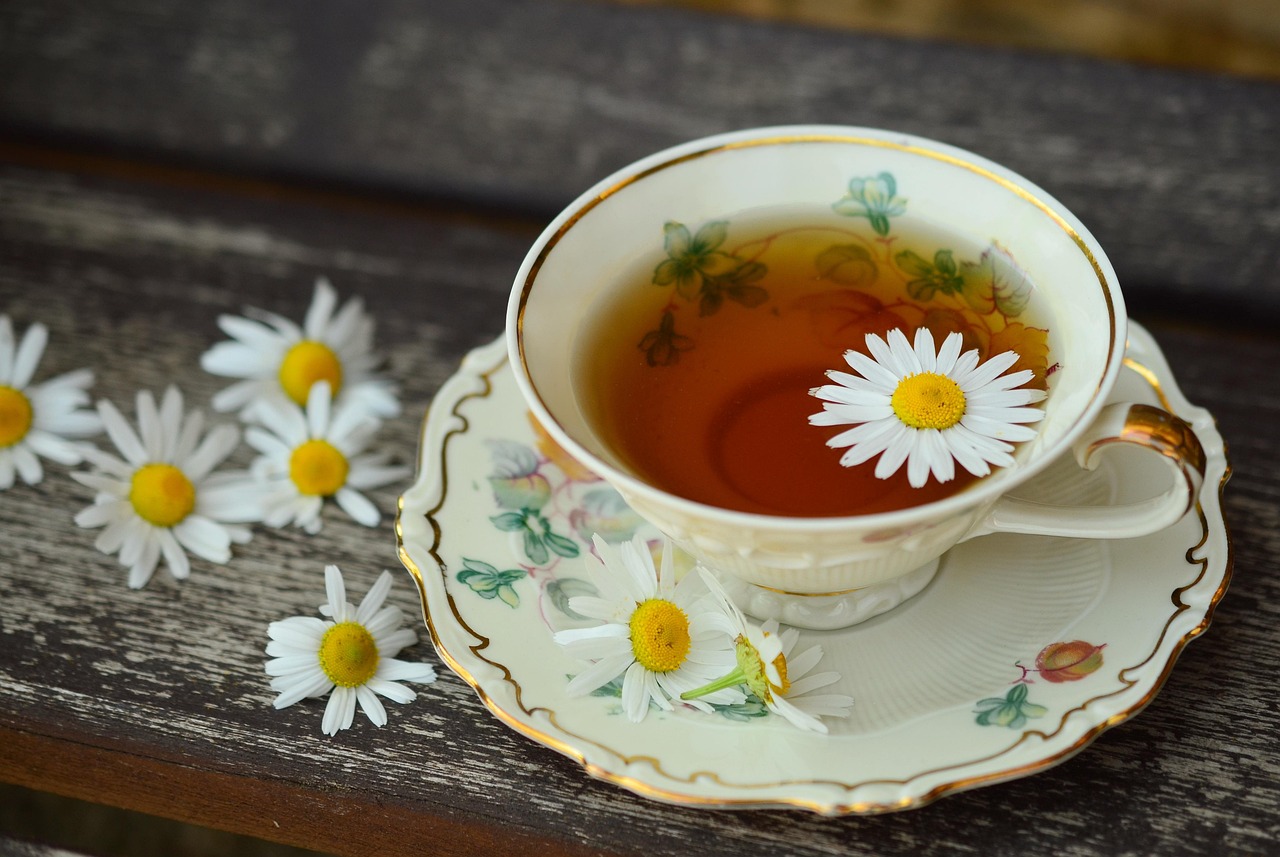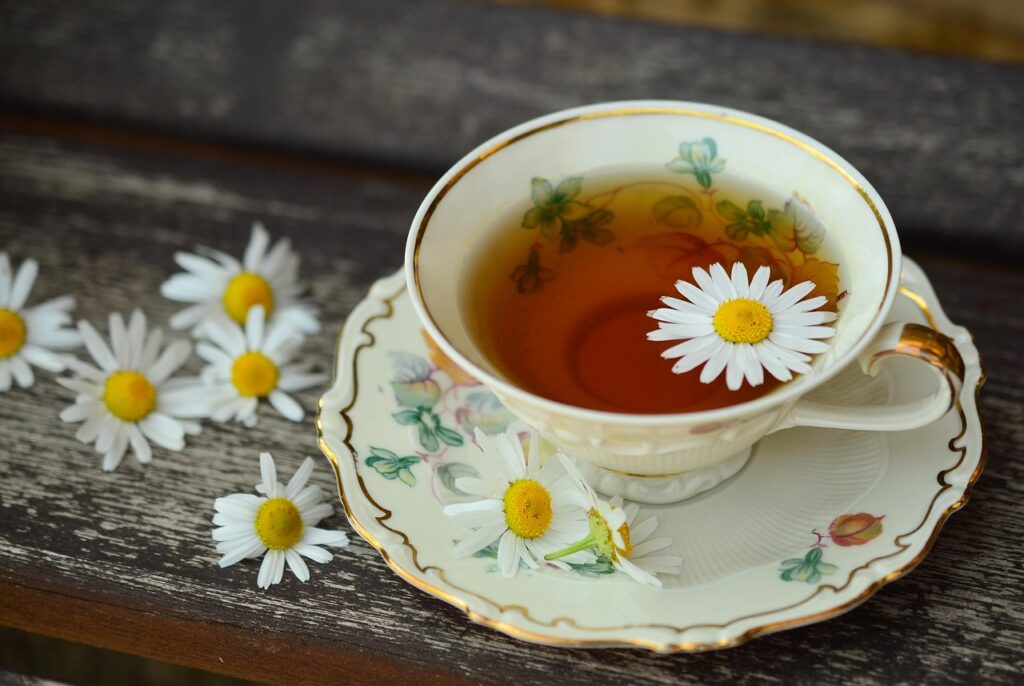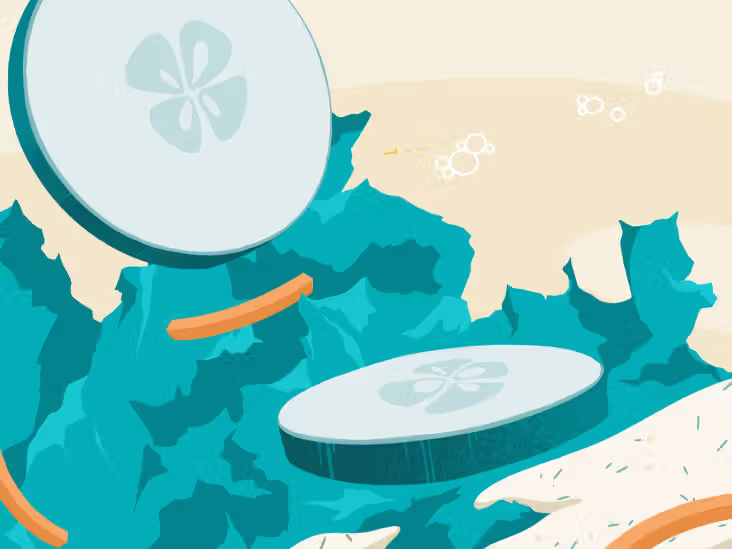The 13 Best Herbal Teas for Stress Relief, Brain Health, and More
Imagine a single warm cup that can melt your stress, sharpen your mind, and boost your overall health—without any side effects. Herbal teas have been used for centuries as natural remedies for the body and mind. In today’s fast-paced world, where anxiety and brain fatigue are common, sipping on the right herbal tea can work wonders. Let’s explore 13 of the best herbal teas that support stress relief, mental clarity, and overall wellness—naturally.
1. Chamomile Tea – The Natural Stress Soother
Chamomile is a go-to herb for relaxation and better sleep.
Benefits:
- Reduces anxiety and promotes calmness
- Helps in better sleep
- Soothes digestive issues
Tip: Drink chamomile tea 30 minutes before bedtime for improved sleep quality.
2. Lavender Tea – For Calm Mind & Body
Lavender isn’t just for spa oils—it makes a soothing tea too.
Benefits:
- Eases nervous tension
- Supports restful sleep
- May reduce mild depression symptoms
3. Lemon Balm Tea – The Mood Lifter
Part of the mint family, lemon balm is a powerful herb for emotional balance.
Benefits:
- Reduces stress and anxiety
- Improves cognitive function
- Helps with mild insomnia
4. Ginkgo Biloba Tea – For Brain Power
This ancient herb boosts mental clarity and memory.
Benefits:
- Improves blood circulation to the brain
- Supports memory retention
- May help with mental fatigue
Example: Students and professionals can consume this tea during exams or high-focus work days.
5. Ashwagandha Tea – Adaptogen for Stress Management
Ashwagandha is an Ayurvedic herb that helps your body adapt to stress.
Benefits:
- Balances cortisol levels
- Enhances brain function
- Boosts energy without caffeine
6. Tulsi (Holy Basil) Tea – The Queen of Herbs
An Ayurvedic gem, Tulsi supports both the body and mind.
Benefits:
- Reduces stress hormones
- Boosts immunity
- Enhances clarity and alertness
7. Passionflower Tea – For Anxiety Relief
Used traditionally to reduce anxiety and promote calmness.
Benefits:
- Calms the nervous system
- May help with panic attacks
- Improves sleep
8. Peppermint Tea – The Mental Refresher
Besides aiding digestion, peppermint can also stimulate mental alertness.
Benefits:
- Refreshes the mind
- Eases mental fatigue
- Reduces headaches caused by stress
9. Gotu Kola Tea – For Focus & Mental Clarity
A lesser-known but powerful herb in brain health.
Benefits:
- Enhances memory and concentration
- Supports brain aging
- Promotes calmness
10. Rooibos Tea – Caffeine-Free Brain Booster
Originating from South Africa, rooibos is antioxidant-rich and stress-relieving.
Benefits:
- Balances cortisol levels
- Contains brain-boosting polyphenols
- No caffeine = no jitters
11. Rose Tea – Beauty and Brain Benefits
Not only beautiful but healing.
Benefits:
- Uplifts mood
- Balances hormones
- Helps with mental fatigue
12. Ginger Tea – For Brain Fog and Focus
A spicy boost for your brain and body.
Benefits:
- Increases brain circulation
- Fights inflammation (linked to mental decline)
- Boosts energy naturally
13. Green Tea – Antioxidants for Mental Vitality
Although not herbal in the strictest sense, green tea deserves mention.
Benefits:
- Contains L-theanine to calm the mind
- Boosts alertness
- Rich in EGCG antioxidants for brain protection
Tip: Go for decaffeinated green tea in the evening to avoid sleep disturbance.
Conclusion: Sip Your Way to Serenity and Sharpness
Whether you’re looking to calm anxiety, improve focus, or just unwind after a long day, herbal teas offer a gentle, natural solution. The best part? You don’t need a prescription—just a cup and a moment to breathe. Try incorporating 1–2 of these teas into your daily routine and watch your stress levels drop and mental clarity rise.
Take action today: Brew your favorite herbal tea and start feeling the difference naturally.
FAQs
1. Which herbal tea is best for stress relief?
Chamomile, lavender, and ashwagandha teas are top choices for reducing stress and promoting calm.
2. Can herbal teas really improve brain function?
Yes! Teas like ginkgo biloba, gotu kola, and green tea are known to enhance memory, clarity, and focus.
3. How often can I drink herbal teas for mental health?
Most herbal teas are safe for daily use, but 1–3 cups per day is typically recommended.
4. Are there any side effects of herbal teas?
While generally safe, some herbs can interact with medications. Always consult your doctor if unsure.
5. What’s the best time to drink herbal tea for relaxation?
Evening or bedtime is ideal for relaxing teas like chamomile and lavender.





